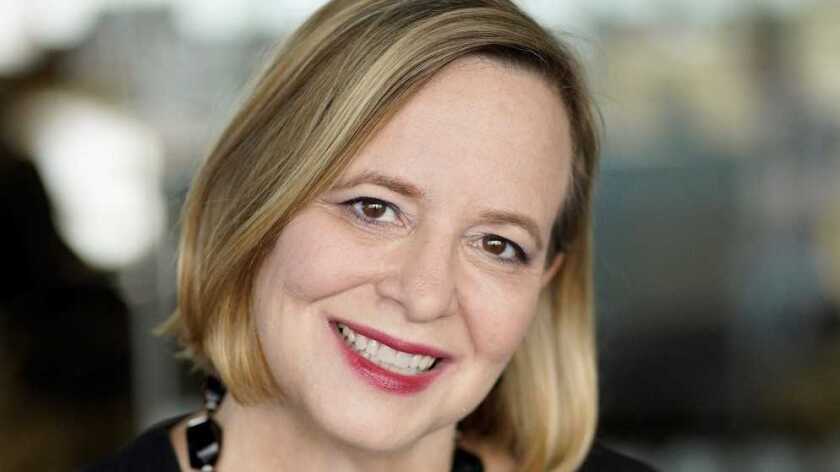Panellists from each company, including myself, discussed the current situation of empowering women in the telco industry - what's working, what are some of the initiatives each of the companies are doing, and where we could all do more.
It was refreshing to see that all of delegates on the panel were women. Typically, at events like this, you’ll find men in grey suits and one women discussing the uptake and why more should be done, but nothing actually comes of this. At this event, I found that each of the individuals had come to Telco in very different ways, and for different reasons. We also represented different functions within telco, different nationalities, ages, and ethnicities. It was genuinely so inspiring to hear everyone's stories.
There's clearly a lot we can learn from each other—as there is no 'recipe' here - but some key common themes emerged.
We need to start early
Graduate and apprenticeship programmes are a great way to bring in diverse talent. For instance, some of our top people, originally joined as graduates and have built careers at TalkTalk Business.
Development and retention is critical
While many of the companies had impressive results in very senior positions, such as Tristia Harrison, CEO and Kate Ferry, chief financial officer, here at TalkTalk, and Sheryl Sandberg, chief operating officer at Facebook, the panel collectively agreed that not enough is being done at the levels below to ensure more women move into leadership positions.
We need to ensure that women returning to work have the right support structure, and that mentoring, role modelling and training are available for all women to progress to the next level. At TalkTalk we have an internal mentoring programme, and we are also participating in the external 30% Club Mentoring programme, which is a great start.
Company cultures and environments to support and celebrate inclusivity play a key role too. At TalkTalk, one of our key values is 'I Can Be Myself Here'. Facebook has an interesting programme called 'Be my Ally', where colleagues are encouraged to support each other in meetings and activities, and people are recognised and celebrated for being allies.

Goals matter
Goals are way for us to look in the mirror and see if we are making progress. We need to ensure we are looking for a broad slate of candidates for all roles. And we need to make sure we are shifting the make-up of our employee populations over time to better reflect the world population.
All panellists expressed a real desire to ensure the conversation moves to inclusivity—beyond just gender.
Ultimately inclusivity or diversity is about the richness of ideas you get from having an employee base made up of people from all different backgrounds—whether gender, sexual orientation, ethnicity, geography or religion.
Recruiting and talent practices are key
We need to be open minded and 'cast the net broad.' We can't just look for 'look alike' people or things will never change- we need to be brave and look outside just technology or telco for relevant skill sets. As an example, I started my career running a hand-lotion business at Unilever and when Tristia hired me I was managing the Amex platinum card—a 'standard' recruiting approach would have probably excluded me.
Everyone needs to be involved in the conversation. One of the highlights of the day was how many men attended the session. We need to be sure that we are including everyone in the conversation about how to get to a more inclusive workforce—that is where things get powerful.
Let's open up the conversation on inclusion to all of you. What have you seen done well in the industry? What more needs to be done to make a change?





